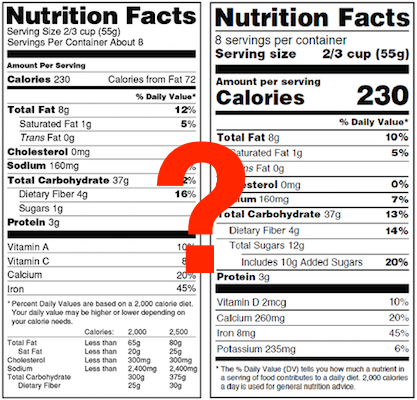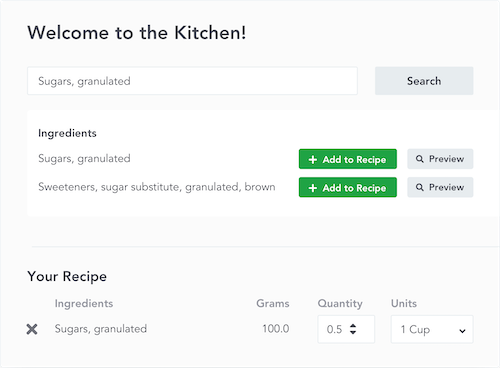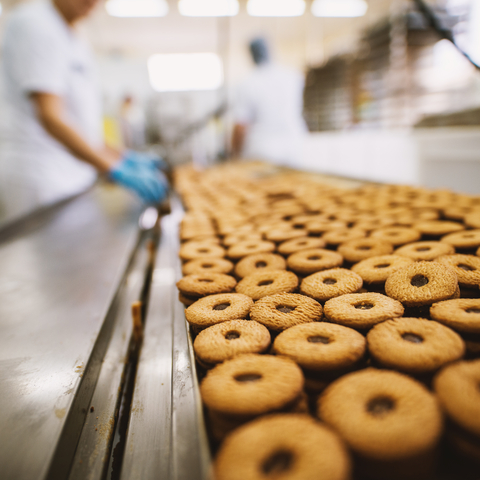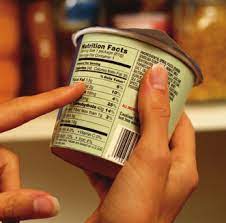Lot Tracing For Mock Recalls and Audits
There are many things you do in your food business that are creative, fun, and exciting. Then there are those aspects that are not so much fun, but essential because parts of the food industry are highly regulated.
There's a good reason for that: our food should be safe. So if you've chosen to make food your business, you'll have to be ready for safety audits, mock recall requirements, and potential voluntary or involuntary recalls.

Having good records imperative for passing a food safety audit or mock recall.
Audits, Recalls, And More
Each of these undertakings is different despite the common theme of safety. An audit is an assessment of your internal practices and processes. It determines whether or not you have all the right pieces (like cleaning, training, documentation, record-keeping, management, etc.) in place and working properly to ensure your business runs smoothly and your product is safe for the public. It can be initiated by regulatory requirements, by internal needs, or even by customer requests.
A mock recall, on the other hand, is a rehearsal. It is like a fire drill where you practice implementing your recall plan to see if everything's in place and if the process you've created works well.
A real recall is what you prepare for but hope to avoid. It can involve either your finished product or any components you use in it. It can be voluntary and proactive (if you've discovered a potential problem with some of your product and you don't want to take any chances) or it can be mandatory and both active and reactive (either your product or an ingredient in it is causing a food-borne illness or has the potential to cause one).
It All Comes Back To Traceability
At the heart of each of these activities is knowing what has come into your business and what is going out of it, something called traceability. And at the heart of that is good record keeping like tracking lots in production runs so that, in the bigger supply chain system, foods can be traced back to their origins and forward to their points of purchase.
Right now requirements for tracing food are "one up, one down" - where did you get it and where did you send it. How you keep your records and the extent of the information you track is somewhat up to you as long as you meet the overall requirements and can produce your records when they are needed, generally within 24 hours of a request or demand. (The rules that apply come out of the Bio-terrorism Act of 2002 and the Food Safety Modernization Act (FSMA) of 2011; regulations for implementing and enforcing the FSMA are still being finalized.)
How To Trace With ReciPal
Within the industry, momentum is gathering around standardizing records, keeping them electronically, and staying ahead of the regulators in making food traceability more efficient and error proof. There are clear business advantages to doing so. Being able to pinpoint ingredients or products related to a recall, for example, allows you to avoid the often too-broad consequences of playing it safe and pulling or destroying items that are not part of the problem. And tracking also allows you to trace consumer complaints back to specific lots so you can find and address causes of your customers' dissatisfaction.
Because tracking what you have and what you are doing is so important for public safety, regulatory compliance, and your business operations, ReciPal includes lot tracking and robust yet easy-to-use record keeping as part of your production run. Making the best product gets you started in this business; using best practices for safety and documentation keeps you going.






